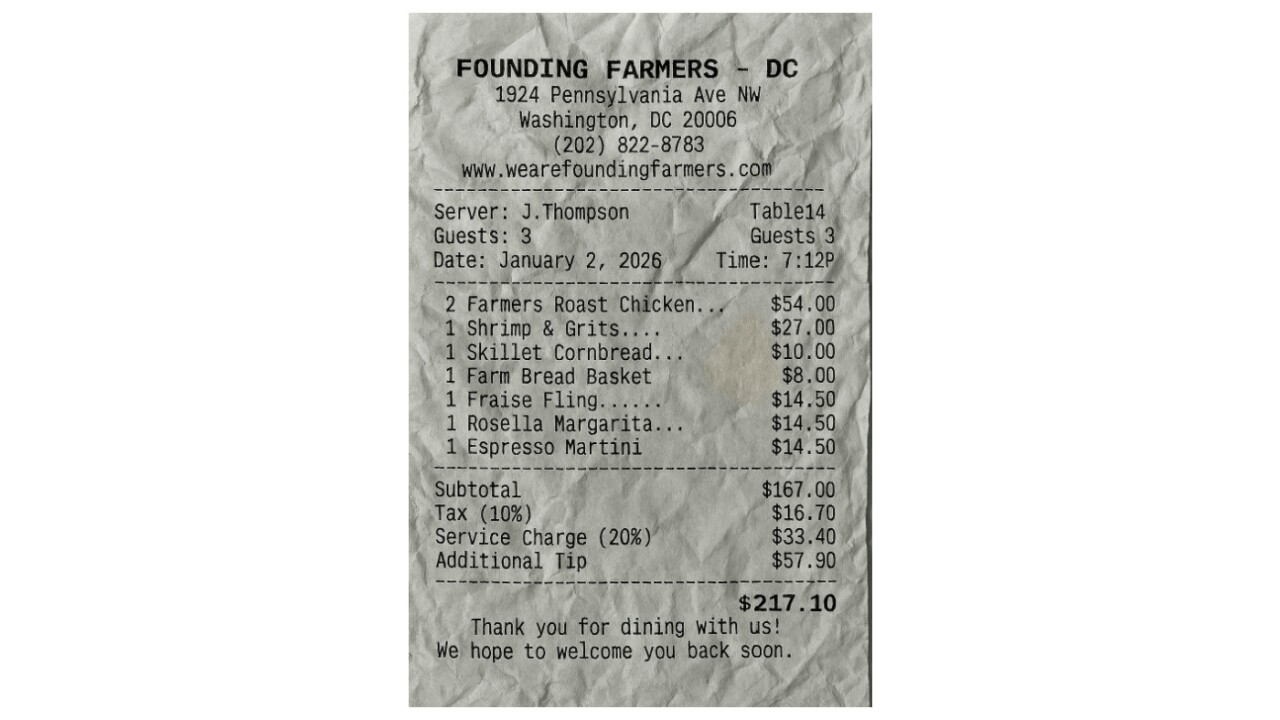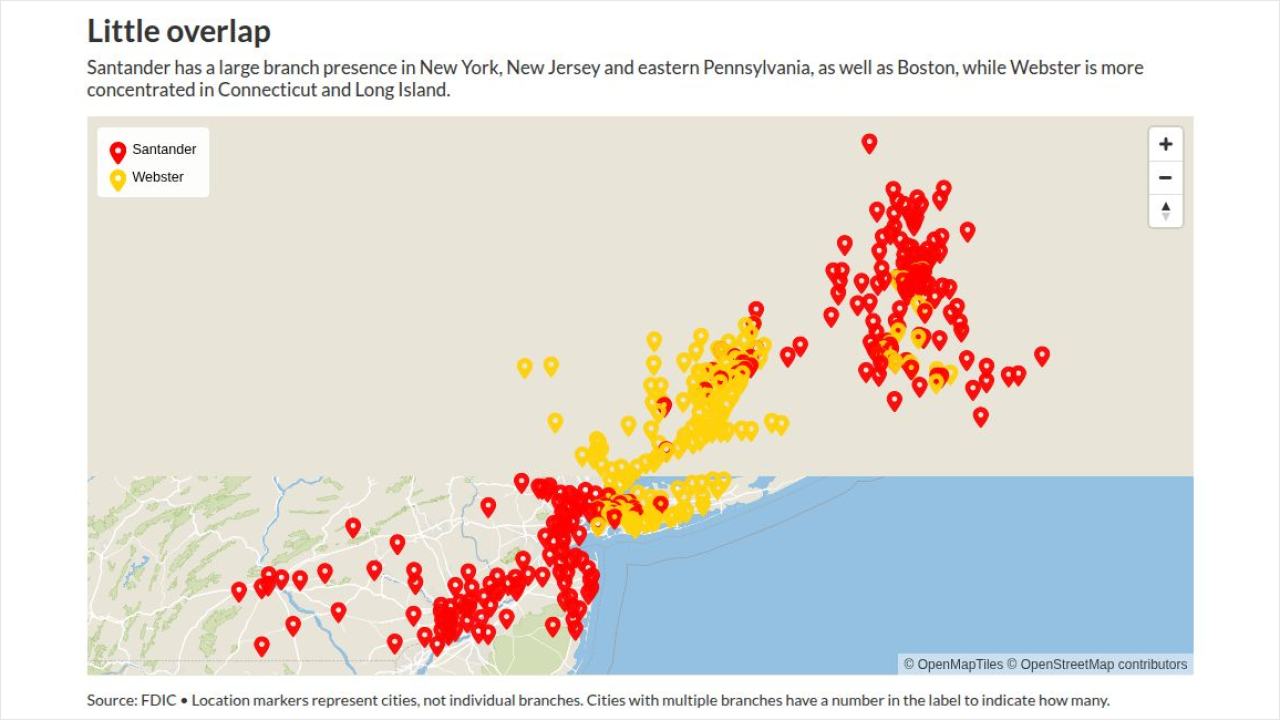-
Mobile banking can alleviate friction and save time for underserved, low-income consumers, but face-to-face interaction is critical to serving their financial needs.
October 29 -
Serving the unbanked requires a worldview that most industry insiders don't have, but truly need in order to innovate responsibly on behalf these consumers. Here are insights some companies have gleaned from spending a day as the underserved.
October 3 -
Even if these loans did harm consumers doubtful as they were freely entered into the harm would appear quite minor compared to that which has been repeatedly imposed upon the U.S. Native American population.
October 17
As the debate over regulation of online lending wages on, I remember my first bank account. I had a little bank book with pockets inside sized for pennies, dimes and quarters. There was another pocket for bills, too, but that didn't get much action. My dad had taken me to the local bank, introduced me to a teller with a smile I still see fondly in my mind's eye, and, thus, a new young saver was created.
The community I represent in rural Michigan, Lake County, has much in common with similar counties all across America, at least when it comes to money (or lack thereof). We have no manufacturing, a shortage of the full-time jobs that qualify applicants for credit, a high percentage of homeowners holding little equity and a single bank serving a population of 11,498.
I know Lake County families that have been in a pinch and borrowed money for a few weeks from online lenders. And I know tribal leaders who struggle to provide the basic essentials needed by their members by operating a variety of enterprises, including casinos and tobacco sales, a pair of vices for sure.
But I wanted to know more about the online lending industry, which brings revenue to tribes that own these operations, including one north of us near the Michigan-Wisconsin border that is used by folks across the country in places not very different from Lake County.
I learned online lending and storefront check-cashing services are critical because there is a large number of American households without bank accounts or access to emergency cash from the banks they do have an account with. Federal Deposit Insurance Corp. Chairman Martin Gruenberg recently
The nitty-gritty startled me: 8.2% of U.S. households have no bank account, a line of credit or credit card. That's 9.4 million households. According to that same study, "nearly 30% of households lack access to a savings account," amounting to an astounding 34.4 million households.
These statistics shed light on another finding: Over 20% of U.S. households used alternative financial services, such as nonbank check cashing or payday loans, in the past year.
The survey also revealed that lower-income, less-educated, younger households, non-Asian minorities and unmarried families with dependents have less access to credit. That describes many of my fellow residents of Lake County.
From a public policy standpoint improving access to credit is critical to the economic well-being of families, to entrepreneurs and to larger businesses as well. And yet, access to credit is being threatened, not improved.
Increased regulatory pressure on traditional banks is forcing them to maintain less risky portfolios by elevating standards for all types of loans and other types of credit.
Alternative lending operators are also under assault in overt and covert ways. Federal and state regulators are considering or actually taking action against lenders. They are also threatening their existence by going after automated clearing houses, threatening them for providing services to lenders even when those lenders are operating fully within the law.
This regulatory restriction does not serve the nation as we strive to create opportunities. And the suppression of that opportunity is felt in areas where it is most needed, among middle- and low-income families.
Online lending and alternative banking fill a huge void, as Gruenberg documented, getting cash into the hands of people who can't get credit from the traditional banks. So we'd better think twice before we cut off access to the lenders of last resort for millions of Americans.
We should also consider encouraging banks, many of which receive support through a variety of government programs, to find a way to remove the barriers to folks who want to walk in the door and open a savings account.
Dan Sloan is a member of the Lake County Commission in northern Michigan. He has been the director of communications for the Democratic Caucus of the Michigan House of Representatives and an advisor to the leadership of the Sault Ste. Marie Tribe of Chippewa Indians.





